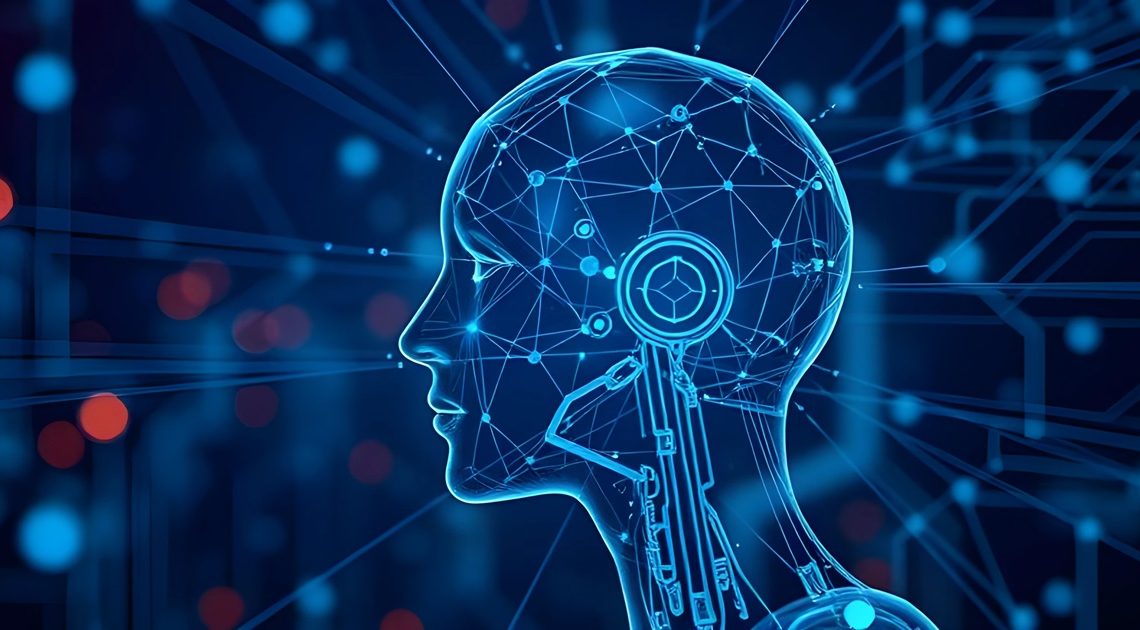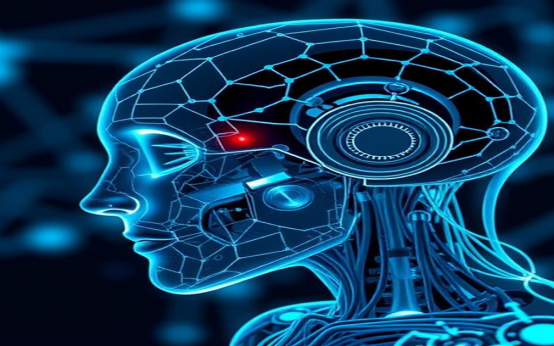Artificial Intelligence (AI) is no longer a futuristic concept—it’s here, and it’s transforming industries, economies, and daily life. From healthcare to finance, AI is revolutionizing how we work and live. However, with great power comes great responsibility. The ethical implications of AI are a growing concern, and understanding ethical AI is crucial for ensuring that this technology benefits humanity without causing harm.
This article delves into the ethics of artificial intelligence, exploring its challenges, principles, and the importance of responsible AI development. Whether you’re a tech enthusiast, a business leader, or simply curious about AI, this guide will provide valuable insights into the ethical considerations surrounding this groundbreaking technology.
What is Ethical AI?

Ethical AI refers to the development and deployment of artificial intelligence systems that align with moral principles and societal values. It involves creating AI technologies that are fair, transparent, accountable, and free from bias. The goal is to ensure that AI serves the greater good while minimizing risks such as discrimination, privacy violations, and unintended consequences.
As AI becomes more integrated into our lives, the need for ethical guidelines has never been more critical. From autonomous vehicles to facial recognition systems, AI decisions can have profound impacts on individuals and communities. Ethical AI aims to address these challenges by promoting responsible innovation.
Why Ethical AI Matters
The rapid advancement of AI technology has raised significant ethical concerns. Without proper oversight, AI systems can perpetuate biases, invade privacy, and even cause harm. Here’s why ethical AI is essential:
1. Preventing Bias and Discrimination
AI systems are only as good as the data they’re trained on. If the data contains biases, the AI will replicate and even amplify them. For example, biased hiring algorithms can discriminate against certain groups, while predictive policing systems can unfairly target marginalized communities. Ethical AI strives to eliminate these biases by ensuring diverse and representative datasets.
2. Ensuring Transparency and Accountability
Many AI systems operate as “black boxes,” meaning their decision-making processes are not easily understood. This lack of transparency can lead to mistrust and accountability issues. Ethical AI emphasizes the importance of explainable AI, where decisions can be traced and understood by humans.
3. Protecting Privacy and Security
AI systems often rely on vast amounts of personal data, raising concerns about privacy and security. Ethical AI frameworks prioritize data protection and ensure that individuals’ information is used responsibly and securely.
4. Promoting Fairness and Inclusivity
AI has the potential to exacerbate social inequalities if not developed thoughtfully. Ethical AI aims to create technologies that are inclusive and equitable, benefiting all members of society.
Key Principles of Ethical AI
To address the challenges mentioned above, several principles have been established to guide the development and deployment of ethical AI. These principles serve as a foundation for creating AI systems that are aligned with human values.
1. Fairness
AI systems should treat all individuals fairly and without discrimination. This involves identifying and mitigating biases in data and algorithms to ensure equitable outcomes.
2. Transparency
Transparency is crucial for building trust in AI. Developers should strive to create systems whose decisions can be explained and understood by users.
3. Accountability
When AI systems make decisions, there must be clear accountability. This means establishing mechanisms for addressing errors, biases, or unintended consequences.
4. Privacy
Respecting user privacy is a cornerstone of ethical AI. Developers must ensure that data is collected, stored, and used in compliance with privacy regulations and best practices.
5. Safety and Security
AI systems should be designed with safety and security in mind to prevent misuse or harm. This includes robust testing and risk assessment protocols.
Challenges in Implementing Ethical AI
While the principles of ethical AI are clear, implementing them in practice is not without challenges. Here are some of the key obstacles:
1. Balancing Innovation and Regulation
Striking the right balance between fostering innovation and enforcing ethical guidelines is a complex task. Overregulation can stifle progress, while underregulation can lead to unethical practices.
2. Addressing Bias in Data
Eliminating bias from AI systems requires diverse and representative datasets. However, collecting such data can be difficult, especially in sensitive areas like healthcare or criminal justice.
3. Ensuring Global Standards
AI development is a global endeavor, but ethical standards vary across countries and cultures. Establishing universal guidelines for ethical AI is a significant challenge.
4. Managing Unintended Consequences
Even well-designed AI systems can have unintended consequences. For example, an AI designed to optimize traffic flow might inadvertently increase pollution. Ethical AI requires ongoing monitoring and adaptation.
Real-World Examples of Ethical AI in Action
Despite the challenges, many organizations are leading the way in developing ethical AI. Here are a few examples:
1. IBM’s AI Fairness 360
IBM has developed a toolkit called AI Fairness 360, which helps developers detect and mitigate bias in AI models. This open-source tool is a step toward creating more equitable AI systems.
2. Google’s AI Principles
Google has established a set of AI principles that guide its development and use of AI technologies. These principles emphasize fairness, accountability, and transparency.
3. Microsoft’s Responsible AI Framework
Microsoft has created a comprehensive framework for responsible AI, which includes guidelines for fairness, reliability, and inclusivity. The company also conducts regular audits to ensure compliance with these principles.
The Future of Ethical AI
The future of ethical AI depends on collaboration between governments, businesses, and civil society. Here are some trends to watch:

1. Increased Regulation
As AI becomes more pervasive, governments are likely to introduce stricter regulations to ensure ethical practices. The European Union’s AI Act is a prime example of this trend.
2. Greater Emphasis on Explainability
Explainable AI will become a priority as users demand more transparency in AI decision-making processes.
3. Ethical AI Education
Educating developers, policymakers, and the public about ethical AI will be crucial for fostering a culture of responsibility and accountability.
Conclusion
The ethics of artificial intelligence is a complex and evolving field. As AI continues to shape our world, it’s essential to prioritize ethical AI to ensure that this technology benefits everyone. By adhering to principles like fairness, transparency, and accountability, we can create AI systems that are not only powerful but also aligned with human values.
The journey toward ethical AI is ongoing, and it requires the collective effort of developers, policymakers, and society at large. By staying informed and engaged, we can help shape a future where AI serves as a force for good.
FAQs
The main goal of ethical AI is to ensure that artificial intelligence systems are developed and used in ways that align with moral principles and societal values, minimizing harm and maximizing benefits.
Bias in AI can be reduced by using diverse and representative datasets, implementing fairness checks, and regularly auditing AI systems for discriminatory outcomes.
Transparency is important because it builds trust and allows users to understand how AI systems make decisions. This is crucial for accountability and ethical compliance.
Governments play a key role in establishing regulations and standards for ethical AI, ensuring that AI technologies are developed and used responsibly.
While ethical guidelines may impose certain limitations, they are designed to foster responsible innovation. By addressing ethical concerns, we can create AI systems that are both innovative and aligned with human values
By understanding and advocating for ethical AI, we can ensure that artificial intelligence remains a tool for progress and empowerment. Let’s work together to build a future where technology serves humanity ethically and responsibly.

 How AI is Revolutionizing Healthcare in 2025
How AI is Revolutionizing Healthcare in 2025 